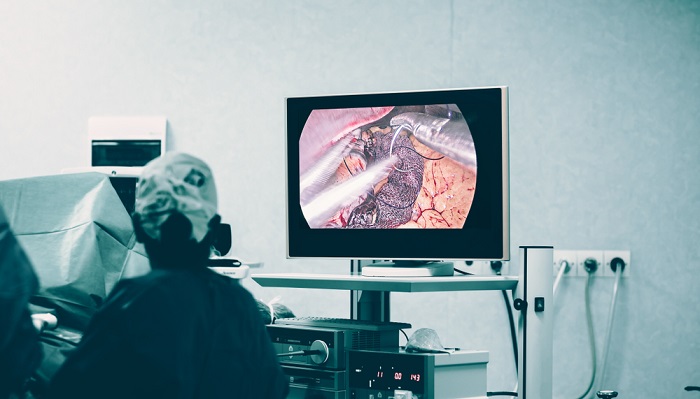Laparoscopy, a surgical procedure, is used by surgeons to operate on the pelvic organs and abdominal area. According to experts, it has several advantages over traditional open surgery, such as faster recovery, less discomfort, and fewer scars. Laparoscopy makes just minor incisions through the skin, resulting in a lower risk of infection and less blood loss. It also guarantees a shortened hospital stay. Dr. Nikhil Jillawar is an eminent Laparoscopic Surgeon In Moshi, providing specialized treatment in the field of Gastroenterology.
Laparoscopy is also becoming a popular treatment option for esophageal cancer. Because of its benefits over traditional open surgical approaches, minimally invasive esophagectomy is now a prevalent therapy. The esophagus, the tube that transports food from the throat to the stomach, is removed during this procedure. Then, using minimum invasive procedures, it is replaced by a portion of the stomach or intestine.
The Benefits of This Surgery
Some of the reasons why it is proving to be the best method are as follows:
Reduces Surgical Trauma: The patient has less postoperative discomfort and wounds since there are only a few cuts.
Respiratory Complications are Reduced: There is a low risk of infection and the formation of blood clots.
Improves Functional Recovery: Within a few days of the procedure, the patient can continue their usual routine and resume everyday activities.
Safe and Effective: Because there are fewer incisions in the skin and hence less bleeding, many surgeons believe this is a safer approach for treating esophageal disorders.
Enhanced Life Quality: The surgery enables you to resume your cancer-free life. It alters your entire perspective on life and, in some ways, helps you to restart with better alternatives and habits.
Preparations for This Procedure
It is critical to first determine whether you are a fine candidate for this procedure. Your specialist may do a variety of imaging tests to evaluate your esophagus. Based on the results of these tests, he or she determines which therapy choice is appropriate for you.
Reducing unhealthy behaviors such as chewing tobacco or smoking. They significantly raise the risks of problems following surgery. Your specialist will tell you which medications you should avoid before having laparoscopic surgery. You should inform him/her about your normal drugs so that they do not pose a concern later in the procedure. He or she will also give you medications to take before the procedure.
Your specialist may advise you to switch to a liquid diet 2-3 days before the operation in order to keep your esophagus clear for simple removal.
Minimally invasive esophagectomy is proven to be a useful treatment option for early-stage esophageal disorders. It is preferred over standard open surgery and offers a quick recovery. The approach is appropriate for older people and those suffering from lifestyle disorders. It lowers their danger of issues while also ensuring a better and healthier lifestyle.

